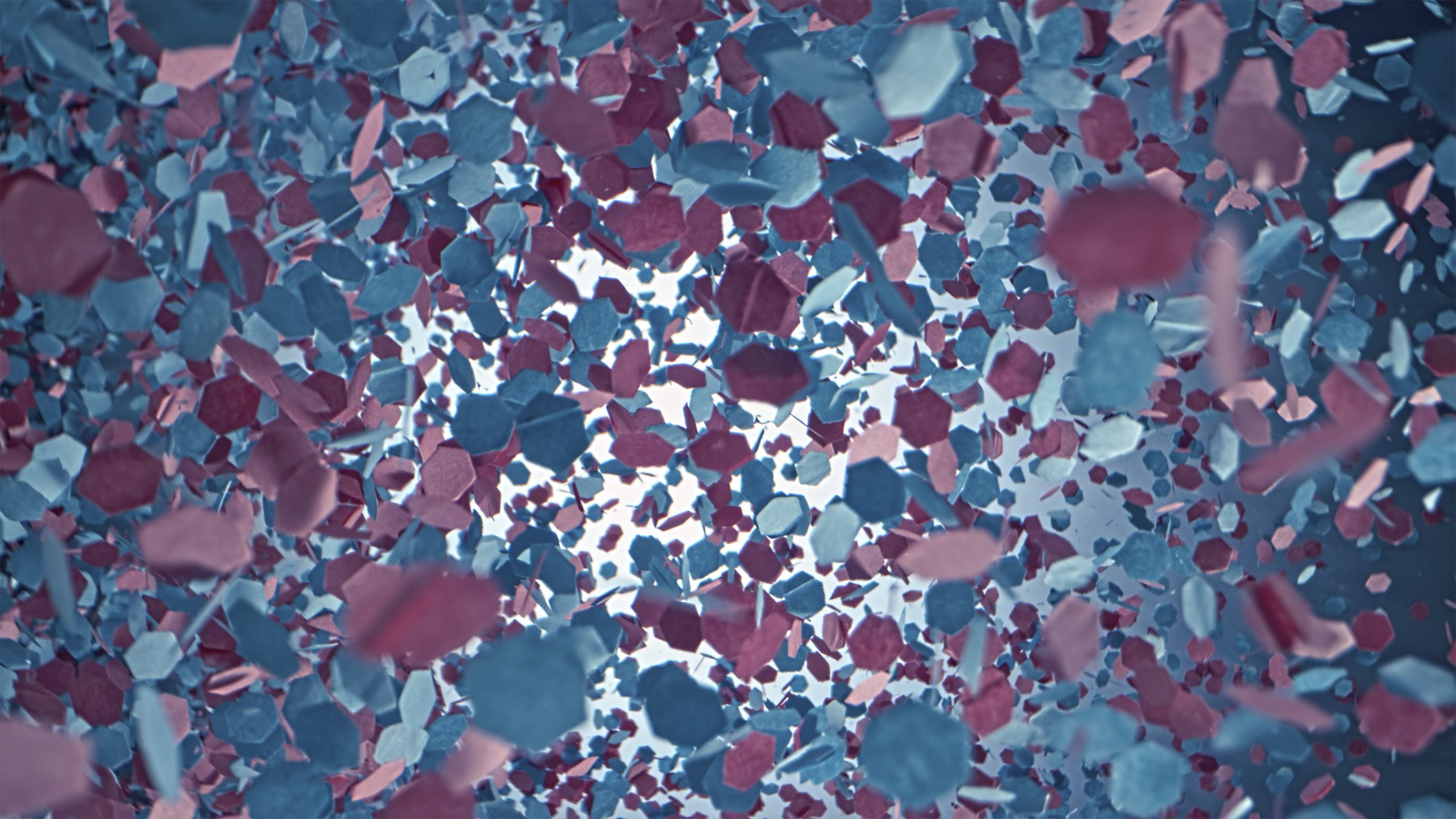Get Easy Health Digest™ in your inbox and don’t miss a thing when you subscribe today. Plus, get the free bonus report, Mother Nature’s Tips, Tricks and Remedies for Cholesterol, Blood Pressure & Blood Sugar as my way of saying welcome to the community!
Microplastics in your artery plaque may be the final straw

There’s no escaping our exposure to plastic.
Even if its manufacture ends tomorrow, plastic waste can take anywhere from 20 to 500 years to decompose. As it does, it breaks down into tiny bits that make their way into our bodies.
That’s where we are today. We don’t feel or taste it in the food or water we consume, or in the personal care products that permeate our skin.
And we certainly don’t feel it coursing through our veins. But it’s there.
The truth is microplastics and even tinier nanoplastics have not only been building up in organs, like the brain, but are also turning up in blood clots. They are contributing to artery plaque and creating an environment ripe for heart attack and stroke…
How much plastic is really in your arteries?
Dr. Ross Clark, a University of New Mexico medical researcher, presented findings of a study he led at a meeting of the American Heart Association. The study sought to connect the dots between microplastics, heart attacks, and stroke.
“There are some microplastics in normal, healthy arteries,” Clark says. “But the amount that’s there when they become diseased — and become diseased with symptoms — is really, really different.”
Previous research showed that people with microplastics in their arterial plaque were more likely to have a heart attack or stroke or die.
To find out why, Clark studied samples from 48 people’s carotid arteries, which channel blood to the brain. When fatty plaque builds up in these arteries, it can block blood flow and cause strokes or heart attacks.
By measuring the level of microplastics and nanoplastics present in the plaque from the samples, Clark and his team saw:
- In people who didn’t have symptoms, plaque buildup contained 16 times more plastic compared to the walls of healthy, plaque-free arteries.
- Even more terrifying, the plaque contained an astounding 51 times more plastic in people who had experienced stroke, mini-stroke or vision loss.
That’s not all the researchers found concerning…
Cells within the plaque that contained high levels of microplastics showed different gene activity than plaque with low amounts of plastic.
One group of immune cells had switched off a gene associated with turning off inflammation. They also made changes to stem cells that normally help prevent heart attack and stroke by reducing inflammation and stabilizing plaque.
By influencing genes that regulate inflammation, the microplastics, in essence, promoted an environment ripe for heart attack and stroke.
Reducing plastic and the sticky plaque it binds to
Clark notes there’s much more research needed to determine whether “microplastics are somehow altering… gene expression.”
“We just don’t know,” he says, “Almost all of what we know about microplastics in the human body, no matter where you look, can be summed up as: It’s there, and we need to study further as to what it’s doing, if anything.”
The hard part about microplastics is that they’re almost impossible to avoid. You can take steps to minimize your exposure such as ditching plastic water bottles and cups, plates, utensils or food storage containers made from plastic. Swap them out for glass, metal or ceramic products. Above all, avoid heating foods in plastic, making it easier for more microplastics to leach into the food or drink.
But that’s only going to help so much. I’m sure you notice that when you bring fresh meat or a head of lettuce home from the grocery store, it’s wrapped in plastic. So are your favorite frozen vegetables, pizzas and fish fillets.
That means, besides cutting down on plastic, you must work on keeping your arteries as plaque-free as possible. Plaque is made up of fatty substances, including cholesterol, and binds with calcium, fibrin and cellular waste. The less of it there is, the less there is for microplastics to stick to.
Two or more servings daily of Brassica or cruciferous vegetables can reduce the amount of sticky plaque buildup in your arteries. One study found that women who ate a lot of cruciferous vegetables had thinner artery walls than women who didn’t.
Cruciferous vegetables may also bind to some of the chemicals in microplastics and remove them from the body in a process called chelation. Green leafy vegetables are also a staple in anti-inflammatory diets.
Plastic is everywhere, but if you can at least cut down on your exposure and make lifestyle changes to reduce the buildup of artery plaque, you could stay ahead of it.
Editor’s note: Have you heard of EDTA chelation therapy? It was developed originally to remove lead and other contaminants, including heavy metals, from the body. Its uses now run the gamut from varicose veins to circulation. Click here to discover Chelation: Natural Miracle for Protecting Your Heart and Enhancing Your Health!
Sources:
Study Reveals a Shocking Amount of Plastic in The Arteries of Stroke Patients — Science Alert
Microplastic Removal from Drinking Water Using Point-of-Use Devices — Polymers
Study: Plastic Baby Bottles Shed Microplastics When Heated. Should You Be Worried? — NPR














